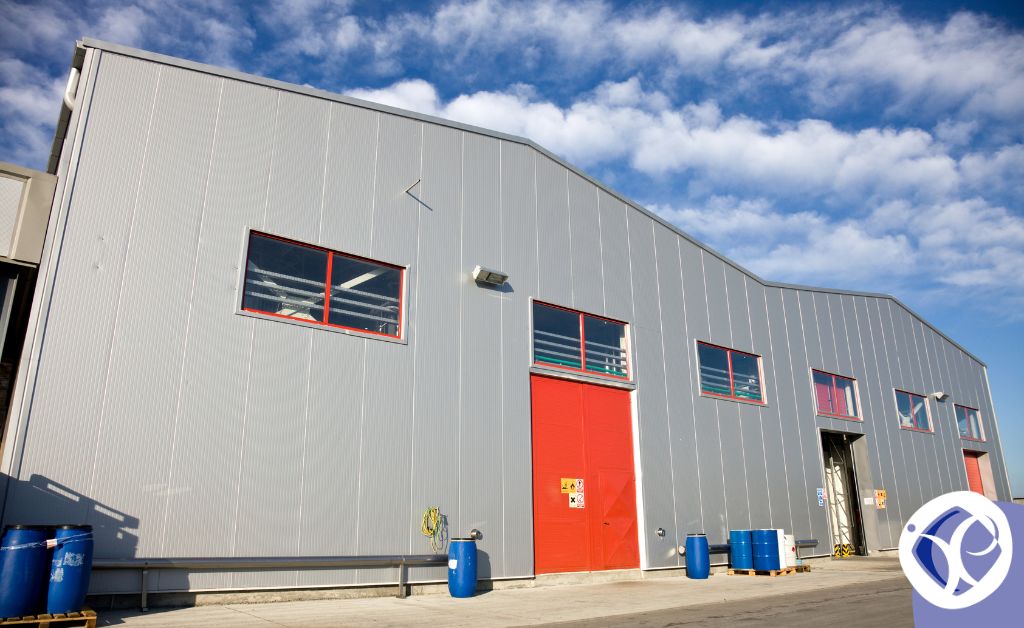For many landlords, understanding capital allowances is crucial to optimising tax savings within their rental businesses.
This article offers an insight into what capital allowances can be claimed by landlords and delves into both commercial and residential property allowances.

(Read Time: Approx. 4 minutes)
Topics Discussed:
- How to navigate the intricacies of capital allowances for landlords.
- What this means for both commercial and residential property ventures.
Commercial property
When it comes to non-residential let properties, Capital Allowances may certainly be claimed.
This comprises various types of qualifying Plant and Machinery, including but not limited to Fixtures & Integral Features.
An important point of note is the provision in the Finance Act 2021.
This act provides for a significant Super-deduction of 130% for the main rate and a 50% first-year allowance specifically for special rate plant and machinery expenditure.
However, it’s essential to realise that this is applicable only for expenditure undertaken by companies between 1 April 2021 and 31 March 2023.
It’s relevant to note that self-employed landlords are excluded from this provision, which is further discussed under Super-deduction & First Year Allowances.
A less commonly known fact is that the owner of a commercial property may, in certain situations, claim allowances on capital expenditure that was incurred by the previous owners.
This is possible provided that the expenditure was duly pooled by the seller, and an allowance statement has been handed over, as elaborated in the Fixtures overview.
Lastly, the Structures and Buildings Allowance can be considered by those who have incurred eligible construction costs on or after 29 October 2018.
This applies to a building or structure used in a range of businesses such as trade, profession, vocation, and either UK or overseas property business.
It’s important, however, to understand that this doesn’t extend to a Furnished Holiday Letting (FHL) business.
Residential property
The landscape is slightly different for residential lettings businesses, where claims for capital allowances can be somewhat limited.
Specifically, no capital allowances can be made on the cost of plant and machinery (this includes fixtures, furniture, and equipment) used within a Dwelling-house if the business venture is:
- An ordinary Property Business,
- An ordinary overseas property business, or
- Pertains to special leasing of plant or machinery.
However, there’s a unique provision for Furnished Holiday Letting (FHL). This is considered as a trade for Income Tax purposes rather than ‘ordinary property letting’.
As such, the above-mentioned dwelling house capital allowance restriction does not extend to qualifying FHLs.
This means FHL owners might be able to claim both Annual Investment Allowance and Writing down allowances on the costs of plant, machinery, fixtures, and integral features.
Moreover, the Structures and Buildings allowance can also be explored for construction costs incurred on or after 29 October 2018 on a building or structure.
This is valid if the structure is utilised in a trade, profession, vocation, UK or overseas property business that is seen as an ‘ordinary’ business.
Alternatively, costs related to residential property and other structures categorised as ‘dwellings’ are not eligible.
Landlords managing both furnished and unfurnished properties have another option: they can claim the Replacement of Domestic Items Relief as an alternative to capital allowances.
Furthermore, an ordinary property letting business can claim capital allowances on assets located outside of a dwelling house.
Examples of this might include swimming pools, tennis courts, barbeques, and more in the surrounding gardens or grounds.
Additionally, capital allowances can be considered for expenditure associated with shared regions of buildings, such as blocks of flats or student halls of residence.
Landlords can also factor in capital allowances for office furniture and equipment costs, including vehicles used within their landlord business.
Summary
In conclusion, understanding and navigating capital allowances as a landlord can be intricate but is crucial for optimising tax savings.
For personalised guidance and expert advice tailored to your landlord journey, do not hesitate to reach out to the Tax Expert.
Contact us today at 01772 788200 to find out more about how we can help, or WhatsApp us out-of-hours at 07787 010190.
Sending an e-mail is simple too, just fill out this short form and we’ll get back to you!
Kind regards,
Ilyas Patel
